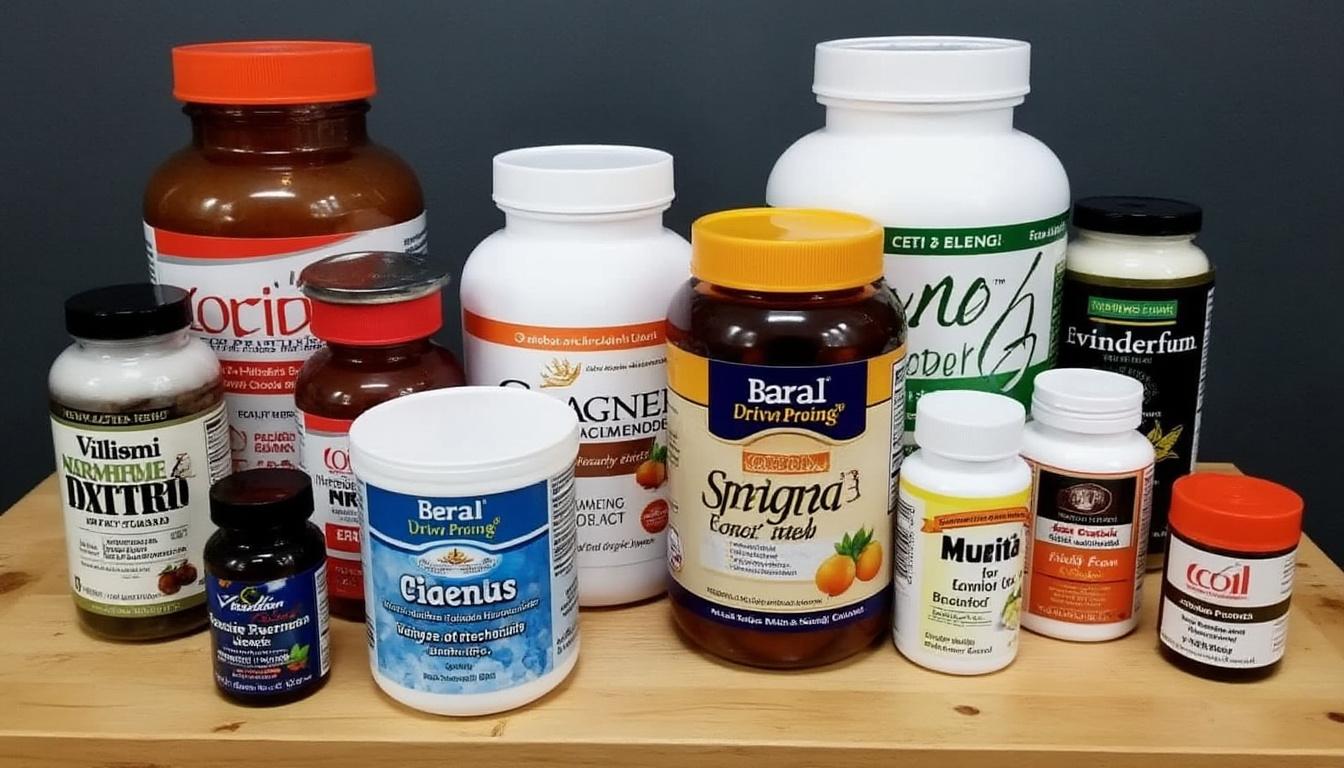Understanding the Role of Essential Amino Acids (EAAs) and MusclePharm for Muscle Building Success in 2025 In the ever-evolving landscape of fitness nutrition, selecting the right dietary supplements is crucial for maximizing muscle growth. Between the proliferation of options on supplement market shelves and emerging scientific insights, athletes and bodybuilders face a daunting task in …
Continue reading “EAS vs MusclePharm: Analyzing Popular Muscle-Building Diets”








